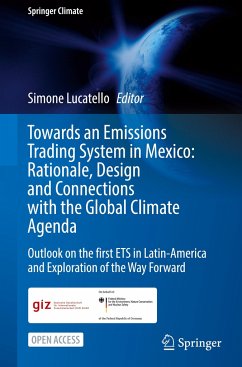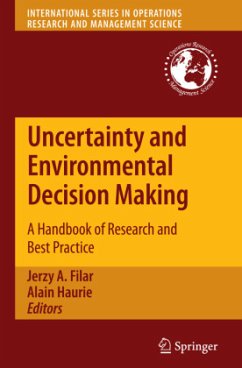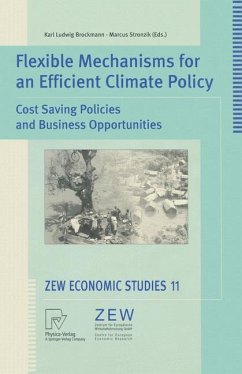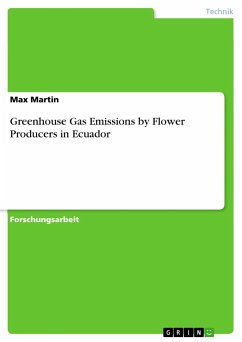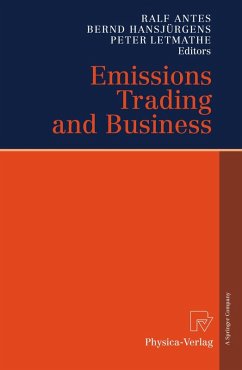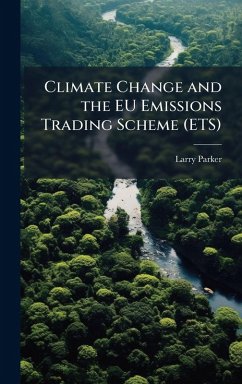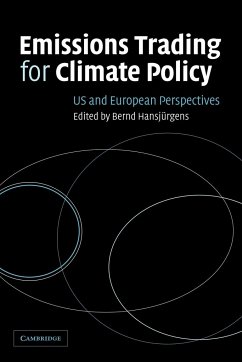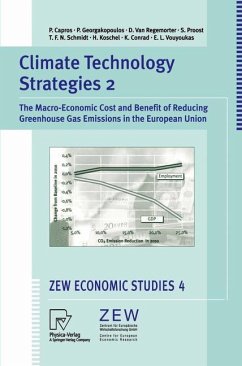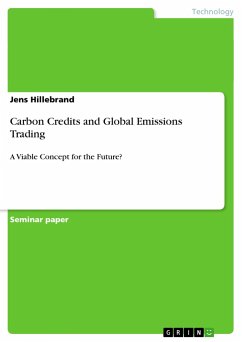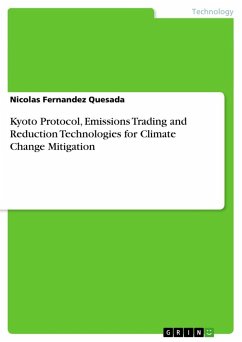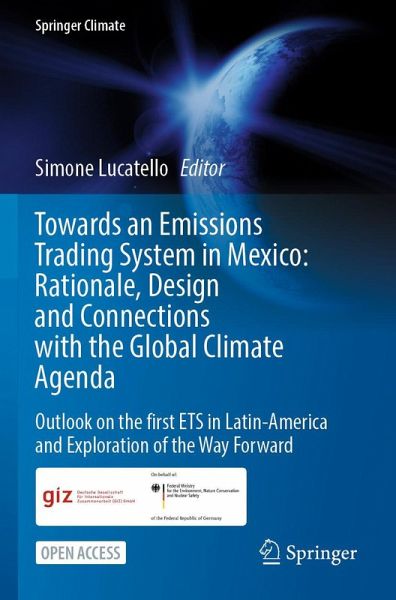
Towards an Emissions Trading System in Mexico: Rationale, Design and Connections with the Global Climate Agenda
Outlook on the first ETS in Latin-America and Exploration of the Way Forward
Herausgegeben: Lucatello, Simone
Versandkostenfrei!
Versandfertig in 6-10 Tagen
31,99 €
inkl. MwSt.

PAYBACK Punkte
16 °P sammeln!
This Open Access book provides detailed information about the incoming Mexican Emissions Trading System, including an analysis on why the system was implemented, how the system was designed, how it operates, how it could work, and how it could be strengthened by 2023 when it will be formally launched. This document is aimed at those who want to understand how an ETS can operate in an emerging economy. Although it has been written for experts and non-experts, this book does not provide the underlying theory of market-based instruments and emissions trading systems in general. The book can be re...
This Open Access book provides detailed information about the incoming Mexican Emissions Trading System, including an analysis on why the system was implemented, how the system was designed, how it operates, how it could work, and how it could be strengthened by 2023 when it will be formally launched. This document is aimed at those who want to understand how an ETS can operate in an emerging economy. Although it has been written for experts and non-experts, this book does not provide the underlying theory of market-based instruments and emissions trading systems in general. The book can be read from start to finish, but can also be used as a reference for specific components of regional ETSs.
The book draws upon a meticulous study of background documents and fieldwork from different authors to tell the story of how a Mexican ETS, the first of its kind in Latin America, can be set in the country. The emissions trading system cover many greenhouse gas emissions and has been hailed as one of the cornerstones of the Mexican climate policy. The book also examines and explains how the ETS is designed and implemented.
The book draws upon a meticulous study of background documents and fieldwork from different authors to tell the story of how a Mexican ETS, the first of its kind in Latin America, can be set in the country. The emissions trading system cover many greenhouse gas emissions and has been hailed as one of the cornerstones of the Mexican climate policy. The book also examines and explains how the ETS is designed and implemented.



